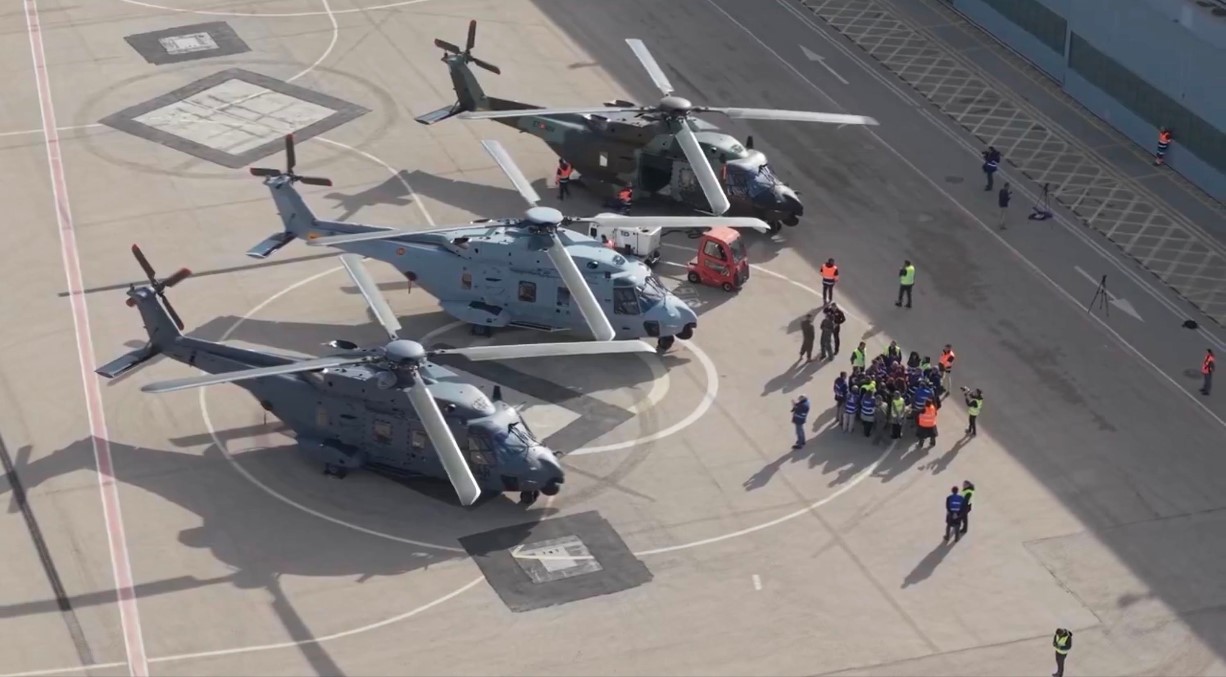DARPA’s Breakthrough in Automated Fueling-at-Sea Technology for Unmanned Surface Vessels

The U.S. Defense Advanced Research Projects Agency (DARPA) has achieved a significant milestone in the development of autonomous maritime operations by successfully completing the first at-sea refueling test under its No Manning Required Ship (NOMARS) program. This breakthrough lays the groundwork for the advanced capabilities of the program's flagship vessel, the Defiant Unmanned Surface Vessel (USV), set to enter its sea trials in 2025.
A Revolutionary Approach to Unmanned Maritime Operations
The NOMARS program aims to redefine the design and operational paradigm of unmanned surface vessels by creating a platform that is entirely autonomous, with no provisions for human operation or intervention. The Defiant USV, a 180-foot, 240-metric-ton vessel nearing completion, is being built to operate autonomously for extended missions lasting several months, requiring human interaction only during annual maintenance.
A crucial challenge addressed by the NOMARS program is enabling Fueling-at-Sea (FAS) operations for USVs. Current FAS methods require human involvement to handle refueling lines and hoses, which imposes constraints on vessel design and increases operational risks. The NOMARS FAS system is revolutionary, designed to function entirely without human intervention on the unmanned vessel, while still leveraging the expertise of crew members on the refueling ship.
Details of the Successful Test
The recent test involved two experimental USVs, Ranger and Mariner, operated by the U.S. Navy’s PMS-406 (Unmanned Maritime Systems Program Office) and USV Squadron 1 (USVRON-1). Ranger was equipped with a receiving station prototype representing the system to be implemented on the Defiant, while Mariner carried a custom-built refueling mini-station developed by Serco Inc., the program’s prime contractor.
During the trial, the system demonstrated the entire sequence of fueling operations, including:
- Passing the lead-line from the refueling vessel to the USV.
- Connecting the refueling probe to the receiving system on the USV.
- Pumping water as a stand-in for fuel to simulate the operation under realistic conditions.
The test marked the first time these operations were conducted in a maritime environment, with all steps successfully executed. Importantly, while personnel were present on both vessels for safety and observation, the fueling process itself required no human interaction on the unmanned side.
The Path Ahead
The successful trial is a major step forward, but it is just the beginning for the NOMARS program. The next phase will involve testing the system with the Defiant USV during its multi-month sea trials, scheduled for spring 2025. These trials will assess the Defiant's ability to execute autonomous FAS operations while demonstrating its overall mission readiness and reliability.
Transforming Naval Capabilities
Launched in 2020 by DARPA’s Tactical Technology Office, the NOMARS program is at the forefront of autonomous naval innovation. Its goal is to develop medium unmanned surface vessels (MUSVs) with unmatched operational reliability and mission flexibility. Designed to perform extended missions while carrying significant payloads, the NOMARS vessels represent a transformative leap in naval technology.
By enabling truly autonomous fueling capabilities, DARPA’s NOMARS program addresses one of the critical barriers to the widespread adoption of USVs, paving the way for a new era of unmanned naval operations. The successful FAS test is a testament to the potential of cutting-edge automation to enhance naval logistics, reduce risks, and ensure mission success.


